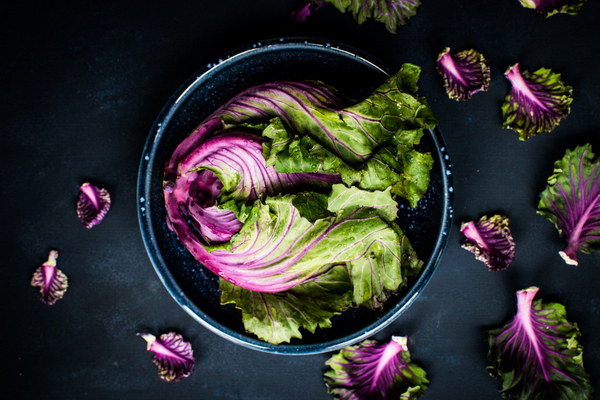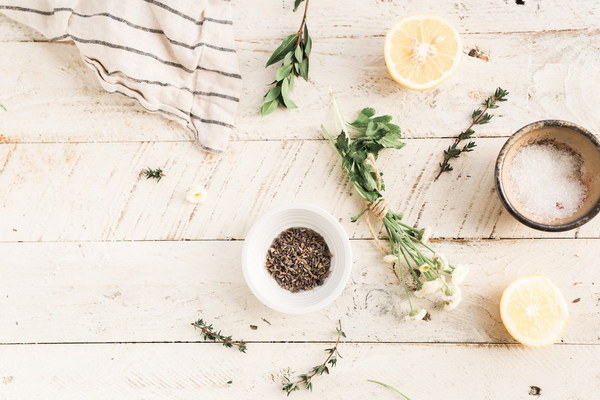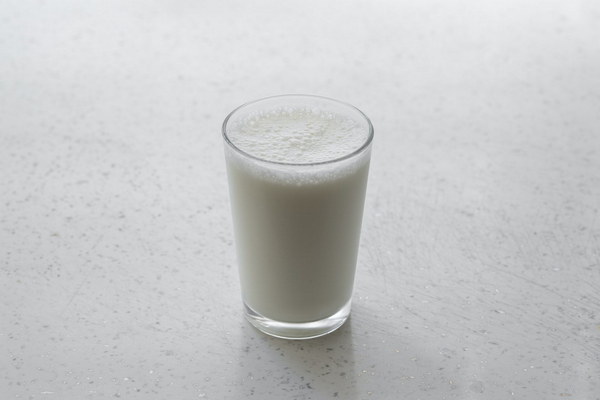Can Nursing Mothers Safely Consume Herbs to Nourish Their Spleen and Stomach
Introduction:

Nursing mothers often seek natural remedies to maintain their health and support their baby's development. Among the various traditional herbal treatments, some herbs are believed to nourish the spleen and stomach, which are crucial organs for digestion and overall well-being. This article explores the safety and efficacy of using such herbs during breastfeeding.
1. Understanding the Importance of Spleen and Stomach in Nursing Mothers:
The spleen and stomach are vital organs in Traditional Chinese Medicine (TCM) that play a significant role in digestion, absorption, and nutrient distribution. During breastfeeding, a mother's body requires adequate nutrients to produce milk. Therefore, maintaining a healthy spleen and stomach is essential to support both the mother's and the baby's well-being.
2. Herbs That May Nourish the Spleen and Stomach:
a. Astragalus (Huang Qi):
Astragalus is a well-known herb in TCM that is believed to boost the immune system and improve overall health. It is also thought to nourish the spleen and stomach, aiding in digestion and nutrient absorption.
b. Codonopsis (Dang Shen):
Codonopsis is another herb that is commonly used in TCM to support the spleen and stomach. It is believed to enhance the body's energy levels and improve digestion.
c. White Peony (Bai Shao):
White peony is a herb that is often used to nourish the spleen and stomach, as well as to alleviate pain and improve digestion. It is also believed to have a calming effect on the nervous system.
d. Licorice Root (Gan Cao):
Licorice root is a versatile herb in TCM that can be used to harmonize other herbs and support the spleen and stomach. It is believed to have anti-inflammatory properties and can help alleviate stomach pain and bloating.
3. Safety Considerations for Nursing Mothers:
While these herbs may have potential benefits for nursing mothers, it is crucial to consult with a healthcare professional before incorporating them into your diet. Some herbs may not be suitable for breastfeeding mothers due to their potential side effects or interactions with other medications.
a. Consult with a Healthcare Professional:
Before using any herbal remedies, it is essential to consult with a healthcare professional, such as a TCM practitioner or a healthcare provider specializing in women's health. They can provide personalized advice based on your individual health condition and the specific herbs in question.
b. Quality and Purity of Herbs:
Ensure that the herbs you choose are of high quality and purity. Opt for organic or certified herbal products to minimize the risk of exposure to harmful contaminants.
4. Alternative Remedies for Nourishing the Spleen and Stomach:
If you are unable to use herbal remedies, there are alternative ways to nourish your spleen and stomach during breastfeeding:
a. Maintain a Balanced Diet:
A balanced diet rich in whole grains, fruits, vegetables, and lean proteins can help support your spleen and stomach health.
b. Stay Hydrated:
Drinking plenty of water is essential for proper digestion and overall health.
c. Manage Stress:
Stress can negatively impact your digestive system. Practice stress-reducing techniques, such as mindfulness or yoga, to maintain a healthy spleen and stomach.
Conclusion:
While certain herbs, such as Astragalus, Codonopsis, White Peony, and Licorice Root, may offer potential benefits for nourishing the spleen and stomach in nursing mothers, it is crucial to consult with a healthcare professional before incorporating them into your diet. By prioritizing a balanced diet, staying hydrated, and managing stress, you can support your spleen and stomach health during breastfeeding.









